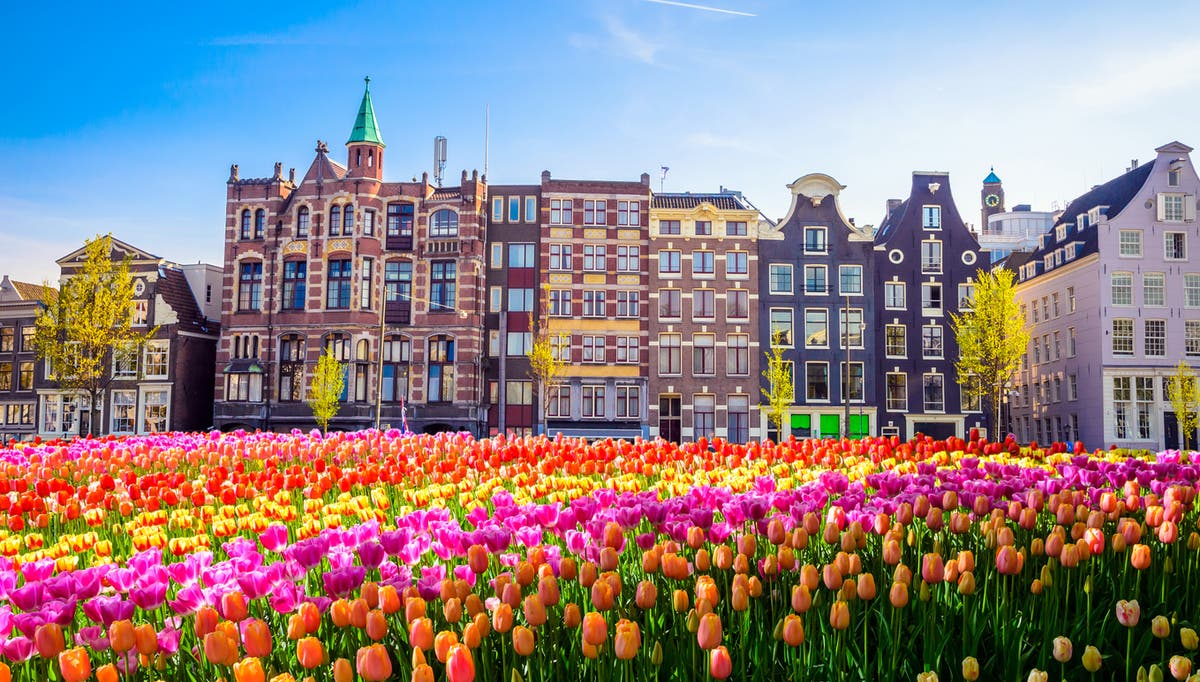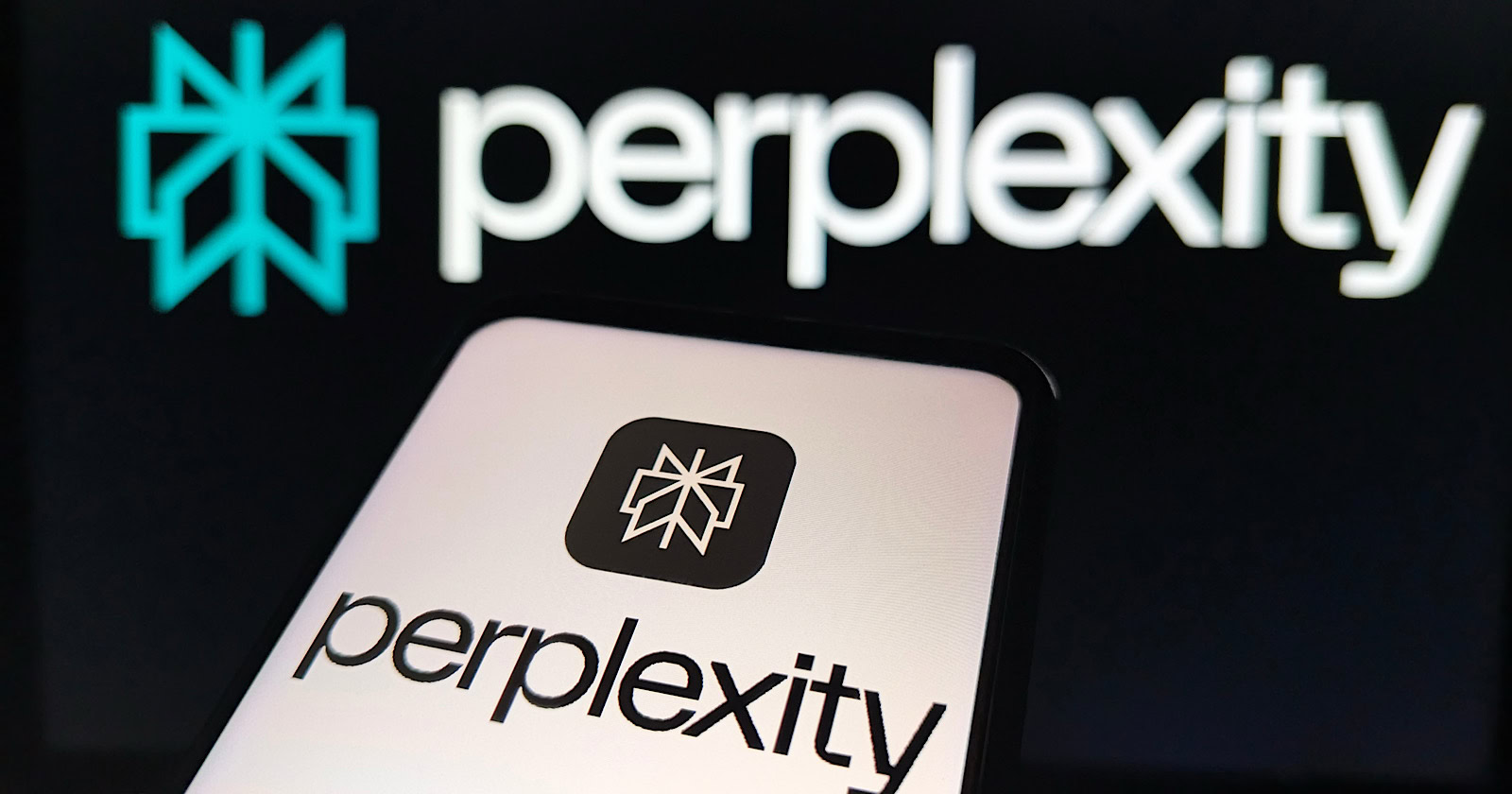How the illusion of festive “sales” works, and why we as consumers keep falling for it
Festive sales are an illusion that consumers keep falling for. Here are some tips for smarter purchasing to save money during these sales.

Everyone loves a good bargain, and I am no exception. I, too, have set timers for the monthly Shopee sales and scoured the internet for promo codes to apply at checkout.
Nowadays, we’re no strangers to seeing businesses hosting all kinds of sales since they drum up numbers for them too. Festive seasons in particular are the prime time to go all-in with promotional activities seeing that people are in the mindset of spending. And Malaysia is definitely not lacking in festive seasons.
Come Hari Raya, Chinese New Year, Deepavali, or Christmas, the mall decorations go up and the prices come down. But are we really saving that much money, or is it all just an illusion? Well, the answer is a bit more nuanced than a yes or no.
Businesses use the right triggers
Let’s be honest, have you ever been enticed into buying something you never wanted in the first place just because it was on sale for a limited time only? You’re not the only one.
Businesses often trigger a sense of artificial urgency by using time-sensitive terms. Phrases like “last call” and “today only” make us feel like we’re losing out if we’re not buying in. The effects of this kind of verbiage are more pronounced during festive seasons, when shopping seems necessary even when it’s not.
 Examples pulled straight from my email inbox
Examples pulled straight from my email inboxSimilarly, stores may also create fake scarcity to drive demand up. The “while stocks last” mentality is especially effective if we’re shopping for a specific season in mind.
But if demand is high and supply truly is low, instead offering discounts, logically you’d think that businesses would want to hike up the prices.
And sometimes they do. You might have noticed this trick before where companies inflate the original prices so the price reduction seems more generous than it actually is. It’s clever but can be called deceptive too. Not many buyers would be able to point out original price inflation unless they’ve already been tracking the product for a while.
On the same note, businesses sometimes offer freebies if you hit a certain purchasing target. If you’re looming right on the edge of hitting said target, you might feel inclined to buy something else just to get the free item, even if you don’t need or want it.
Scoring on these markdowns and free goodies are like small victories. Essentially, companies rely on consumers’ desires to “win”.
But are we really winning if the sellers are the ones profiting? If not, then…
Why do we still fall for it?
Even after noticing the little tricks companies might pull to hook us into a spending spree, sales still go up during festive seasons.
According to a 2021 survey by Rakuten Insight, 73% of respondents stated they were planning to shop during holiday sales. This shows that we have primed ourselves to spend in festive times. Society has normalised the practise of festive sales, so we in turn are more receptive to it, illusion or not.
At times, we just want an excuse to shop. Research has shown that shopping does have therapeutic value. That’s right, retail therapy works when done in moderation. The science behind it states that shopping can provide an emotional and psychological boost, as it restores a sense of control in us.
 Image Credit: Pexels
Image Credit: PexelsOn a more negative note, we might be affected by peer pressure too, further exacerbated by social media. The fear of missing out (FOMO) and upward comparison on social media have an effect on our desires, which is why influencers are a thing.
The way lots of online shopping apps have made it easy to share a product link around also exacerbates the FOMO, especially if the person who’s recommending the product to you is doing so from experience.
It might be ethically grey and manipulative for businesses to use certain ploys to grow their revenue, but some might argue that it ultimately helps the economy anyway.
The bottom line
At the end of the day, we come back to a familiar crossroads—the double-edged sword of capitalism.
Somewhere along humanity’s journey, we decided that material items can be used to show affection and represent celebration, and companies naturally took advantage of that.
It’s not a sin to leverage the human desire to be happy, but hyper-consumption isn’t the best thing for our planet. Overbuying just because everything is on “sale” and ending up with lots of unnecessary items just translates to more rubbish down the road.
 Image Credit: Unsplash
Image Credit: UnsplashSo, the takeaway is to be aware that these businesses are playing mind games with all these sales and promotions, and make purchases in moderation.
Avoiding emotional spending is a particularly good habit to foster during festive sales. Some tips for this shared by financial bloggers include making it tougher to access your money, keeping bank accounts unlinked to platforms, and finding other ways to release your emotions.
If you still feel the urge, you can try getting rid of advertorial notifications and newsletters, or use the 72-hour rule, where you wait 72 hours before deciding to buy something. If you’ve lost interest in it by then, it wasn’t an urgent need in the first place.
Read more opinion pieces we’ve written here.Featured Image Credit: 123rf.com

 Troov
Troov 






























